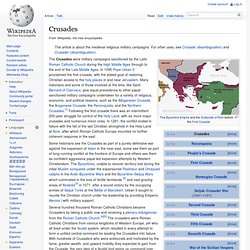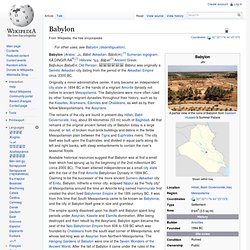

How to STOP Accidental Losing of Your Kids in Public Places. How to STOP Accidental Losing of Your Kids in Public Places All kids are priceless to their parents and family, even thinking of losing them for a second is like the darkest nightmare for parents.

We often hear people losing their kids and keep seeing various forwards messages on social media such as facebook, whatsapp etc. to track their kids back. We all know that kids are famous for walking off – randomly running around to play, and even with a blink of an eye parents can miss the sight of their kids. This is also very common when kids are with their grand parents, it is difficult for them to catch up with kids pace of running around. The Subtle Art of Not Giving a Fuck. In my life, I have given a fuck about many people and many things.

I have also not given a fuck about many people and many things. And those fucks I have not given have made all the difference. People often say the key to confidence and success in life is to simply “not give a fuck.” Crusades. The Crusades were military campaigns sanctioned by the Latin Roman Catholic Church during the High Middle Ages through to the end of the Late Middle Ages.

In 1095 Pope Urban II proclaimed the first crusade, with the stated goal of restoring Christian access to the holy places in and near Jerusalem. Many historians and some of those involved at the time, like Saint Bernard of Clairvaux, give equal precedence to other papal-sanctioned military campaigns undertaken for a variety of religious, economic, and political reasons, such as the Albigensian Crusade, the Aragonese Crusade, the Reconquista, and the Northern Crusades.[1] Following the first crusade there was an intermittent 200-year struggle for control of the Holy Land, with six more major crusades and numerous minor ones.
In 1291, the conflict ended in failure with the fall of the last Christian stronghold in the Holy Land at Acre, after which Roman Catholic Europe mounted no further coherent response in the east. Terminology[edit] Persian Empire. Persian Empire may refer to:

Babylonia. Babylonia was an ancient Akkadian-speaking Semitic nation state and cultural region based in central-southern Mesopotamia (present-day Iraq).

It emerged as an independent state c. 1894 BC, with the city of Babylon as its capital. It was often involved in rivalry with its fellow Akkadian state of Assyria in northern Mesopotamia. Babylonia became the major power in the region after Hammurabi (fl. c. 1792 - 1752 BC middle chronology, or c. 1696 – 1654 BC, short chronology) created an empire out of many of the territories of the former Akkadian Empire.
The Babylonian state retained the written Semitic Akkadian language for official use (the language of its native populace), despite its Amorite founders and Kassite successors not being native Akkadians. It retained the Sumerian language for religious use, but by the time Babylon was founded this was no longer a spoken language, having been wholly subsumed by Akkadian. Periods[edit] Old Pre-Babylonian period[edit] Babylon. Babylon (Arabic: بابل, Bābil; Akkadian: Bābili(m);[1] Sumerian logogram: KÁ.DINGIR.RAKI;[1] Hebrew: בָּבֶל, Bāḇel;[1] Ancient Greek: Βαβυλών Babylṓn; Old Persian: 𐎲𐎠𐎲𐎡𐎽𐎢 Bābiru) was originally a Semitic Akkadian city dating from the period of the Akkadian Empire circa. 2300 BC.

Originally a minor administrative center, it only became an independent city-state in 1894 BC in the hands of a migrant Amorite dynasty not native to ancient Mesopotamia. “Afreen Afreen” with English translation (NFAK) Hotel Star Rating Information. This overview outlines what guests can generally expect from motels, hotels, and resorts displaying a Star Rating assigned by us.

However, these features and amenities may not be available at condominiums, apartment-style facilities, bed-and-breakfasts, and other specialty properties. Items listed may not all be offered at every property in a specific rating classification. Some criteria may vary from country to country. Our hotel star rating classifications are not a representation or promise of any particular feature or amenity. National Ratings awarded by the regional rating authorities appear for hotels in Europe and parts of Asia. India. Hotel Star Rating Explained. Hotel star ratings are systems that rank hotels according to quality.

Star rating systems are intended to serve as guidelines for guests who are making hotel reservations. While star ratings can be helpful when booking hotels rooms, there is no standardized star rating system. In Europe, hotels are usually ranked on a scale from one to four stars, with four stars being the highest rating possible. In the United States, hotels are generally ranked on a scale from one to five stars, sometimes using half star increments.
Star ratings in Europe are determined by local government agencies or independent organizations, and they vary greatly from country to country. Similarly, in the United States, star ratings are conferred upon hotels by several organizations. What do those hotel star ratings really mean? Even though I'm the editor of SmarterTravel.com's Hotel section, I often find myself getting confused over the quality and value ratings of given properties and brands.
